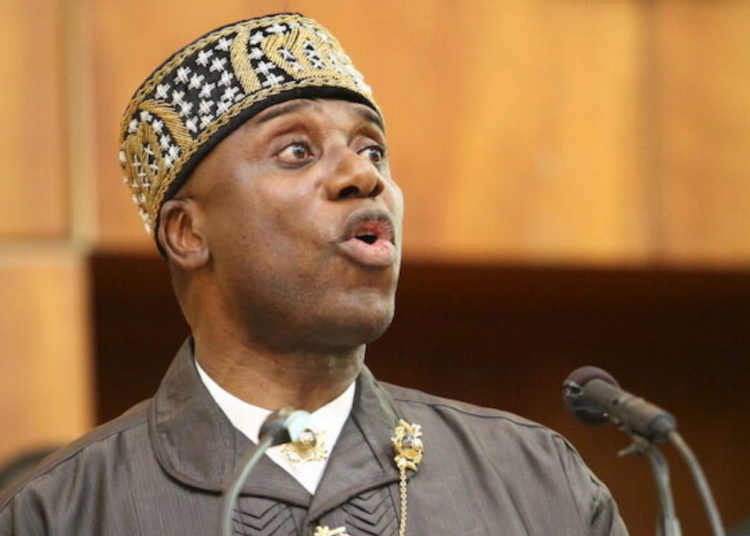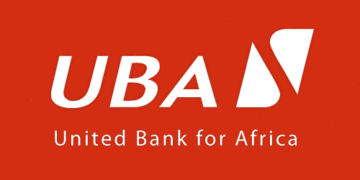The board chairman, Nigeria Shipowners Association (NISA), Chief Isaac Jolapamo, said personal interest by the former minister of Transportation, Rotimi Amaechi, killed the dream of setting up a national fleet for the country by the immediate past administration.
LEADERSHIP reports that the establishment of a national fleet of vessels in Nigeria is expected to yield over $9.1 billion annually in freight revenue.
It was also gathered that establishing a national fleet will bring in over $5.42 billion to the nation’s GDP and over $1.62 billion into the government coffers from corporate income tax through the joint venture companies.
In addition, over $1 billion in foreign direct investment will be attracted to the economy, if the national fleet is established.
However, in an exclusive chat with LEADERSHIP, Chief Jolapamo, said for Nigeria to have a functional national fleet, the government shouldn’t interfere but put the resources of operators in practice together and also give them cargoes to lift.
“I was one of the members of the committee for the national fleet but I think personal interest didn’t allow it to work. The interest of the former minister and some of his cohort in that committee. But having said that, to benefit from having a National fleet is to pull the resources of those in the trade together and compel them to work together, come up with something that is worthwhile and of course the government must be willing to take off their hands and legs.
“I will give you an example, the shipping fleet in Nigeria wouldn’t have been so badly depleted if the money that was meant to repair the vessels that are still trading and needed to be upgraded was attended to rather than diverting the money to buy floating dock.
“And nothing has come out of the floating dock. We have depleted our tonnage in the country for decisions people take. If the government will take its hands and legs off and say let’s do it the right way.”
Giving an instance, Jolapamo said the Cabotage act failed because the government allowed introduction of waivers to foreigners operating in the nation’s coastal water.
“When Cabotage was to start, all the Foreigners’ that have entrenched themselves in the system in the past 40 to 50 years came to our association wanting partnership but our people took the rug off our feet by introducing waiver, those who gave waiver are not hiding their face to see the damage to be the industry and country.”
Continuing, he said, “If we have cargo to move and the government asks us to put our acts together by saying this is the cargo you will move this year, look for how to move it when you start talking that we have shipowners without ships then you are running the country down. We have the cargo. All we have to do is to call people and let them have cargo to work with, then the ship will come and the expertise will come.”
“If the government removes their hand, there is teamwork, cargo will look for ships, they will put their acts together. The government should give it back to people in practice and give them what to work with and what I am talking about is the cargoes which we have million tonnes of in dry, wet, gas, bulk etc.
“If we continue saying indigenous shipowners cannot do it, we will remain where we are. We used to be leading other African countries in maritime practice but we are no more because we keep stagnating ourselves. If they want it done, they should put the resources of people in practice together and they will see that it will work,” he advised.











